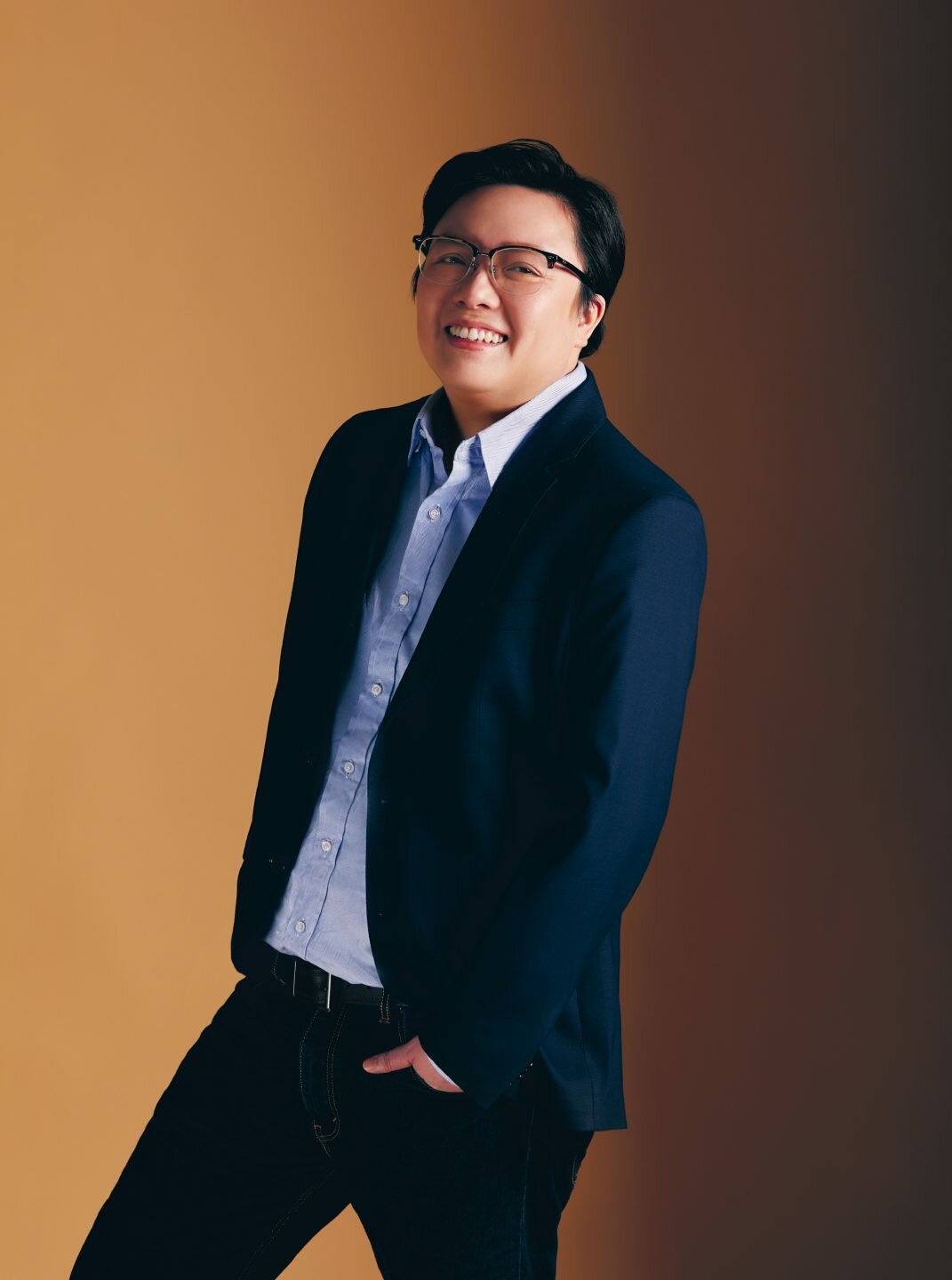An LGBTQ activist for the last 20 years, Jean Chong co-founded Sayoni in 2007. The queer women’s organisation advocates for equality regardless of sexual orientation, gender identity, gender expression and sex characteristics. Chong says she knew she was different at the age of five but waited another 15 years before coming out of the closet. “My sister’s acceptance had a positive effect on me, so I can go out and help other queer persons. My mum’s very cool about it, and my dad even jokes that he has another daughter. I’m very lucky,” she says.
In June, Sayoni set up a Relief and Resilience Fund with support programmes to reach out to LGBTQ+ persons impacted by Covid-19. How was the response?
The LGBTQ community responded positively and many private donors came forward to help. Many LGBTQ persons feel trapped due to the cascading effect of the pandemic. Over 63 percent of the 500 people we surveyed during Covid-19 faced challenges with mental health issues, while 20 percent lived with hostile families during the circuit breaker. The Fund and its programmes acted as small stepping stones; there were counselling sessions, support groups and a $200 payout per approved candidate to help pay for a medical or urgent bill.
What are the challenges queer women face and why is it important to fight for their inclusivity?
At Sayoni, we use “queer” — an umbrella term for lesbian, gay, bisexual, transgender, non-binary, gender non-conforming and intersex persons — to refer to all queer persons. Without inclusivity in society and legal rights, the moment a queer person is born, the discrimination starts, even at home. A queer woman can even become a target of violent acts like corrective rape, where the abuser thinks he’s “helping” to correct her sexual orientation; this can only happen to queer women. Growing up, she gets told directly or indirectly that she is not good enough. Even teachers can be biased; it can get so difficult due to discrimination and bullying that some queer persons drop out of school. This leads to a vicious cycle, which can affect her career or quality of life.
As an adult, she doesn’t have equal rights as straight people do, for instance spousal benefits such as visitation rights in the hospital. When she reaches retirement age, she may feel safer to go back into the closet because she will become vulnerable and may not be able to protect herself from discrimination, violence and abuse. That’s why we are using a lot of evidence-based advocacy to educate Singaporeans and our government for more substantial change towards equality.
What’s one common wish among members of the queer community?
The repeal of 377A and not more, but equal rights as a resident of Singapore. I think we are very creative and resilient despite all the obstacles we have to conquer, and very brave in the face of discrimination and violence.
Are there straight people and gay men among your volunteers?
Our 30-odd regular volunteers are mostly friends of friends and citizens who care about our rights. They include gay men and straight persons. They fill us in on how to reach out to straight people and how to talk to the public about gender equality and LGBTQ rights, providing us with useful entry points. The bigger our pool of people, the more expertise and perspectives we have.
What is it about an environment of diversity that inspires you?
It brings out the best in people. There’s a lot of exchange of ideas and approaches. That’s exciting. Essentially, it means there are dialogues and a blossoming of differences. I think different opinions and input really help our society grow. For instance, we submitted our own CEDAW Shadow Report based on the United Nations’ (UN) Convention on the Elimination of All Forms of Discrimination Against Women (CEDAW). CEDAW is UN’s international bill of rights for women. We also did the Universal Periodic Review, a unique process with a review of the human rights records of UN member states, including Singapore. These help open up conversations with our government, which updates UN with a report on what the state government has done every four years to boost inclusivity of our community.
This story first appeared in the August 2020 issue of A Magazine.
